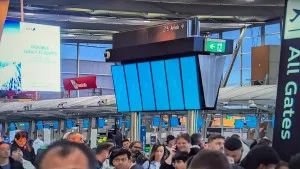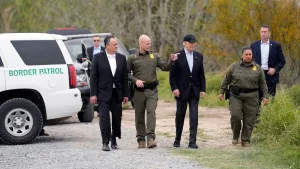The Fed weighs ways to improve bank supervision before and during a financial crisis
Time to Read: 1 minute
Following the collapse of three large banks, Michael Barr vice president of supervision at the Federal Reserve argues that it is important to streamline regulatory approaches.
On Tuesday, Federal Reserve Vice President of Supervision Michael Barr noted that ways to streamline regulatory approaches to the banking system before and during a financial crisis are currently being evaluated.
The Fed's questions come months after a bank collapse affected three entities; Silicon Valley Bank, Signature Bank and First Republic Bank with this proposal also seeks to strengthen stress tests.
In this sense, Barr confessed that the Federal Reserve is not an institution that moves quickly on issues of supervision, as “we tend to have a culture that makes it difficult for the institution to act quickly on surveillance” he told Fox.
He also explained that for the Fed to act in a scenario like the one experienced in the banking system a few months ago, policymakers must make sure they have sufficient evidence to make a decision.
Although The official indicated that the Federal Reserve can apply a stress test to determine the capacity of banking entities in hypothetical adverse scenarios. Barr proposes that an inverse stress test would have better results.
And he exemplified that “Instead of thinking about a stressful scenario and then seeing how it would play out, say, on a company's balance sheet, you look at a bank and say, well, what would it take to fail this institution? What are the different ways this institution could die, or a part of it, a major part of it?” Barr said.
Finally, the Federal Reserve's vice president of supervision did not comment on monetary policies as soon as to increases in interest rates or economic prospects,



